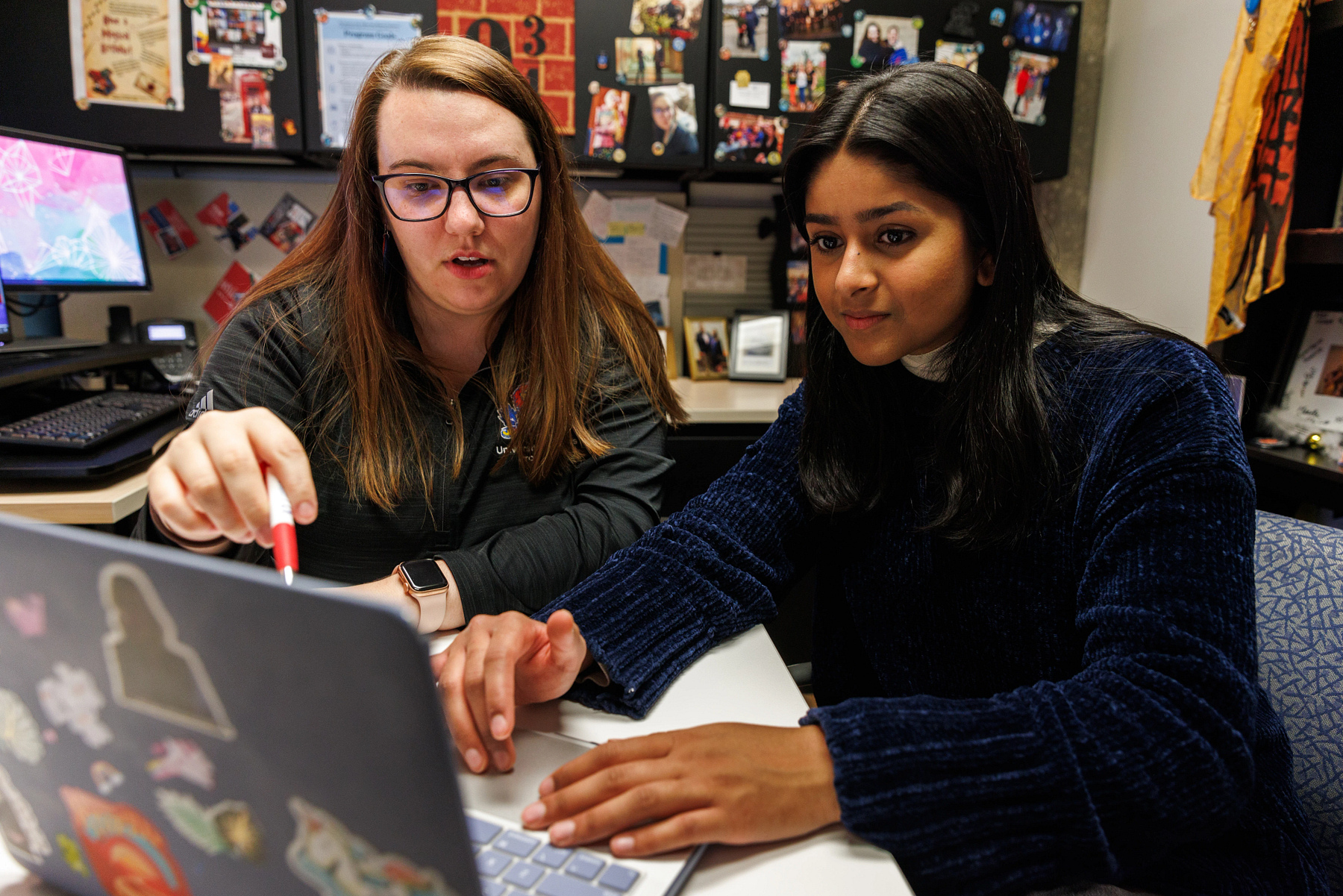How Long Does It Take to Get a Bachelor's Degree?
A bachelor’s degree is a major milestone, and there’s more than one way to reach it.

A bachelor’s degree is a well-established path to building a strong foundation for your career, but how long it takes to earn one isn’t the same for everyone. Whether you're heading to college right after high school or returning as a non-traditional student, knowing what to expect can help you plan your time, money and goals.
So, how long does it take to get a bachelor’s degree? At the University of Kansas, most bachelor’s degrees are designed to be completed in four years of full-time study. However, there are many factors that can shorten or extend that timeline.
Let’s explore what goes into earning a bachelor’s degree — and what your options are if you want to speed things up.
What Is a Bachelor's Degree?
A bachelor’s degree is an undergraduate academic degree awarded by colleges and universities. It’s often the first step after high school and usually takes around four years to complete if you're attending full time.
Bachelor’s degrees typically require 120 semester credit hours, which are divided between general education courses, major-specific classes and electives.
How Quickly Can You Earn a Bachelor's Degree?
While four years is standard, it is possible to finish a bachelor’s degree faster. Some students can complete their bachelor’s degree in as little as two to three years.
Here’s how:
- Taking extra credits each semester: Most full-time students take 15 credit hours per semester. Taking 18 or more can speed things up.
- Enrolling in summer or winter sessions: These extra terms can help you stay ahead.
- Earning AP, IB, or dual-enrollment credits in high school: These may count toward your degree.
- Testing out of general education requirements: At KU, students may be able to earn credit through exams like CLEP or through dual-enrollment programs, which can help shorten the time it takes to finish a degree.
Just make sure to check with your academic advisor so you stay on track with requirements and avoid burnout.
Is a 2-Year degree a bachelor's degree?
No, a 2-year degree is not a bachelor’s degree. It’s usually an associate degree, which is a different type of undergraduate degree.
Here’s a quick breakdown:
- Associate Degree: Takes about two years; often earned at community colleges
- Bachelor’s Degree: Takes about four years; offered by universities and four-year colleges
Some KU students begin at a community college or another institution. They can then transfer their credits toward a KU bachelor’s degree, finishing in as little as 2-3 additional years. Do you want to see how your current credits could transfer? Check out CredTran.
Is there a way to get a bachelor's degree in two years?
Yes, but it’s not easy, and it’s not typical.
Some students earn a bachelor’s degree in two years by:
- Starting with an associate degree and transferring credits to a university
- Enrolling in a fully online, accelerated degree program
- Having prior college credits, military experience or industry certifications that count toward the degree
These fast-track options require a heavy course load and a lot of dedication, but they can be a good fit for motivated students who want to enter the workforce quickly.
Why timelines vary
Several personal and academic factors can change your timeline:
- Part-time vs. full-time enrollment: Part-time students usually take longer.
- Changing your major: This can delay graduation if previous credits don’t apply to your new path.
- Transferring schools: Not all credits may transfer.
- Life circumstances: Work, family, or health responsibilities can extend your timeline—but many schools offer flexible or online options to help.
Choose the Bachelor’s Degree Timeline That Works for You
A bachelor’s degree doesn’t have to follow a traditional four-year path. Whether you take classes full time, study part time or explore accelerated options, the key is finding a pace that fits your life, goals and responsibilities. With the right plan and support, you can earn your degree on your own timeline — and open new doors in the process.
If you’re a future KU student, our admissions representatives can help you map out a plan that fits your schedule, transfer credits and graduation goals.